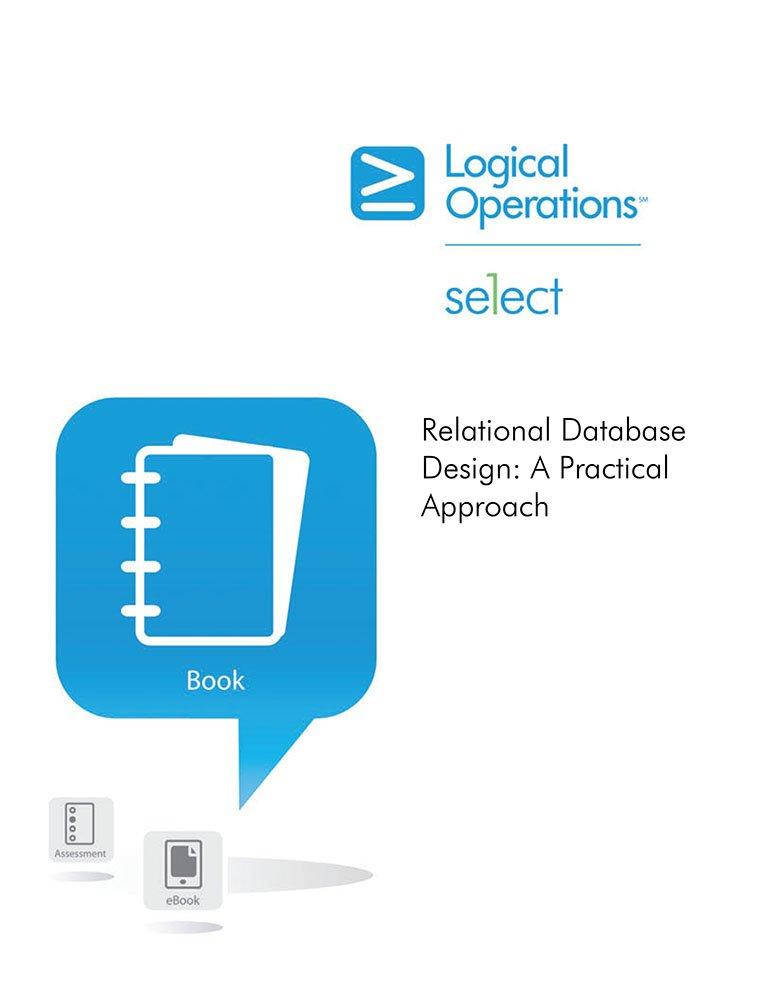Question
1. If a telephone line has a bandwidth of 4KHz, what is the maximum number of bits we can transmit using 64-QAM? 2. If our
1. If a telephone line has a bandwidth of 4KHz, what is the maximum number of bits we can transmit using 64-QAM?
2. If our equipment in problem 1 operates at 1200 Baud, what is the actual data rate we are transmitting?
3. Suppose a local loop (residential analog phone line) has a signal to noise ratio of 35dB and a bandwidth of 4000Hz. What is the maximum possible data rate with a modem?
4. If we have a channel with 4KHz bandwidth and we want to send data at 100Kbps, what is the minimum signal to noise ratio in decibels?
5. A 400 km long cable runs at the T1 data rate. The propagation speed in the cable is 2/3 of the speed of light. How long does it take a bit to travel from one end to the other? How many bits can be sent in that amount of time? (T-1 lines operate at 1.544 Mbps)
6. How many bits can fit on a link with a 2ms delay if the bandwidth of the link is 10 Mbps?
7. A signal has a wavelength of 1 um in air. What is the frequency of the signal?
8. If a signal with 200 milliwatts power passes through a device with an average noise level of 2 microwatts, what is the signal to noise ratio in Decibels?
9. Television channels are 6 MHz wide. How many bits/sec can be sent if four-level digital signals are used? Assume a noiseless channel.
10. The attenuation of a signal is -10dB. What is the final signal power if it was originally 5 watts?
Step by Step Solution
There are 3 Steps involved in it
Step: 1

Get Instant Access to Expert-Tailored Solutions
See step-by-step solutions with expert insights and AI powered tools for academic success
Step: 2

Step: 3

Ace Your Homework with AI
Get the answers you need in no time with our AI-driven, step-by-step assistance
Get Started


